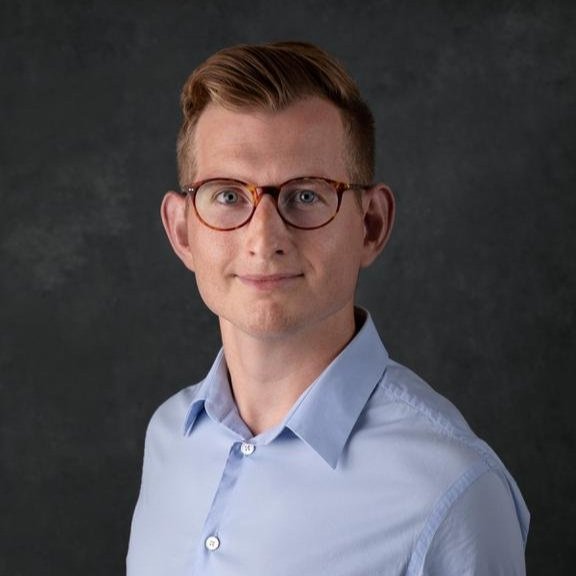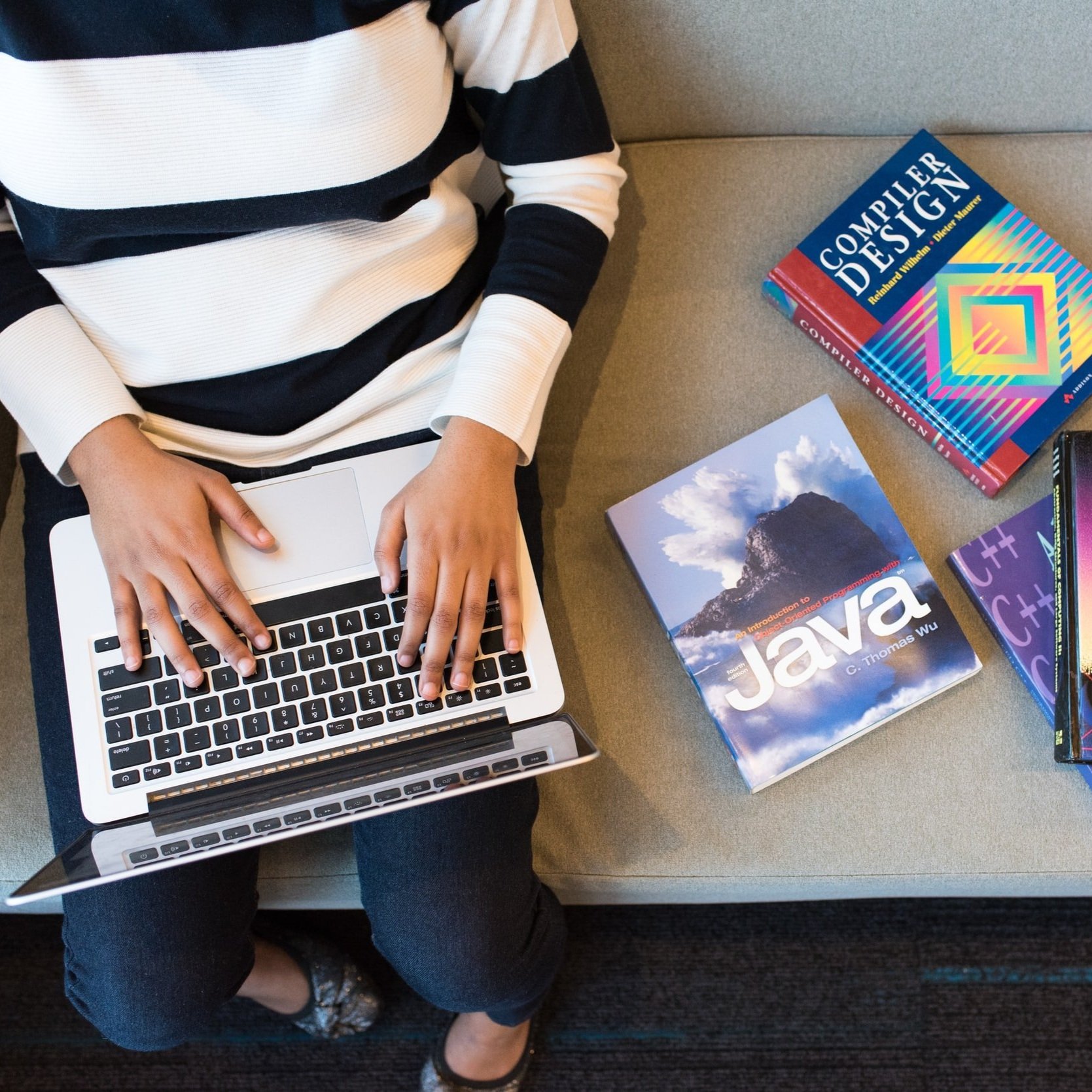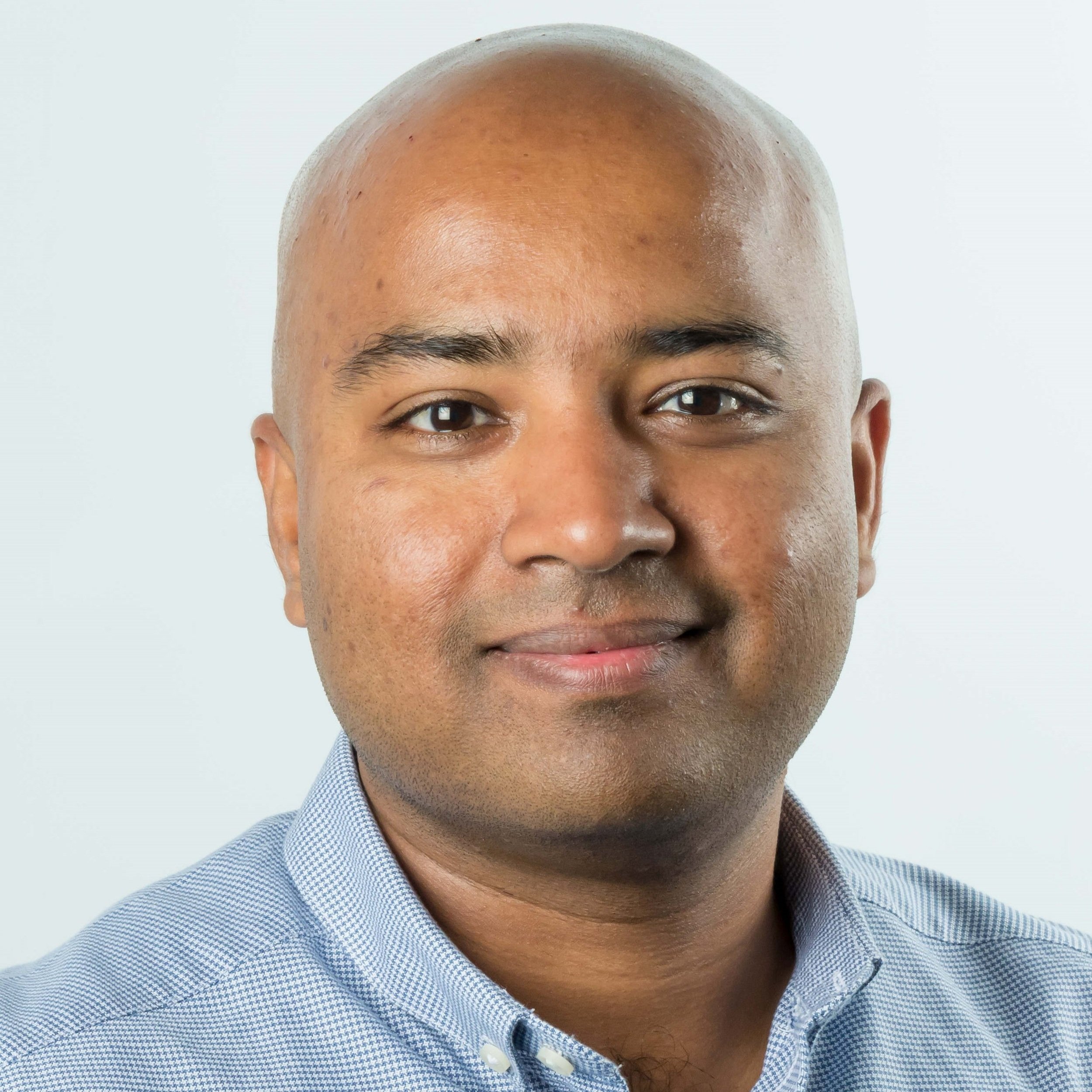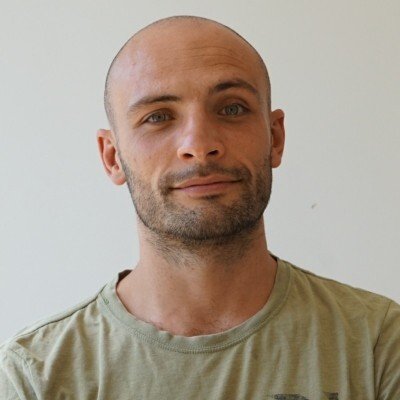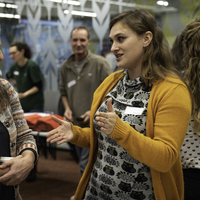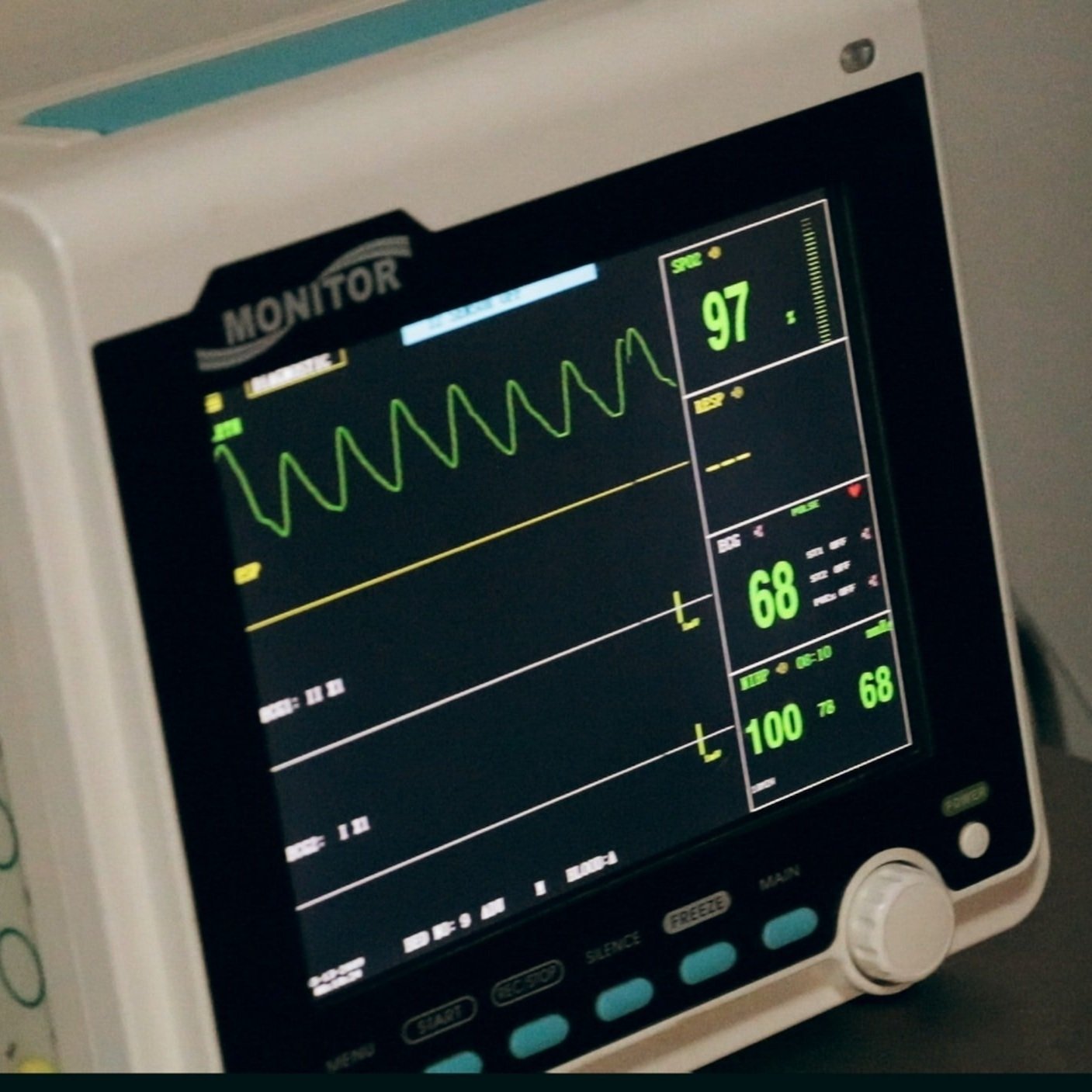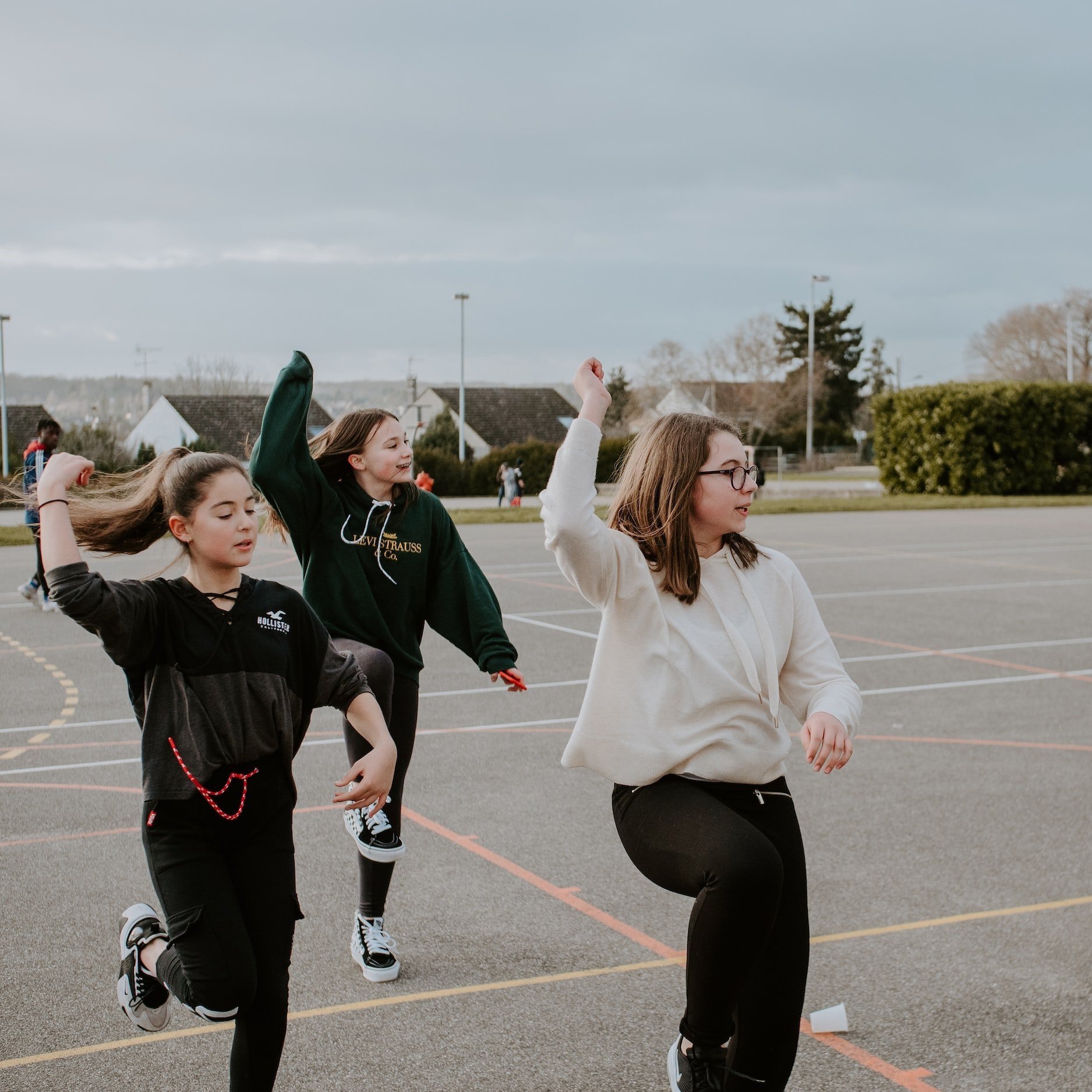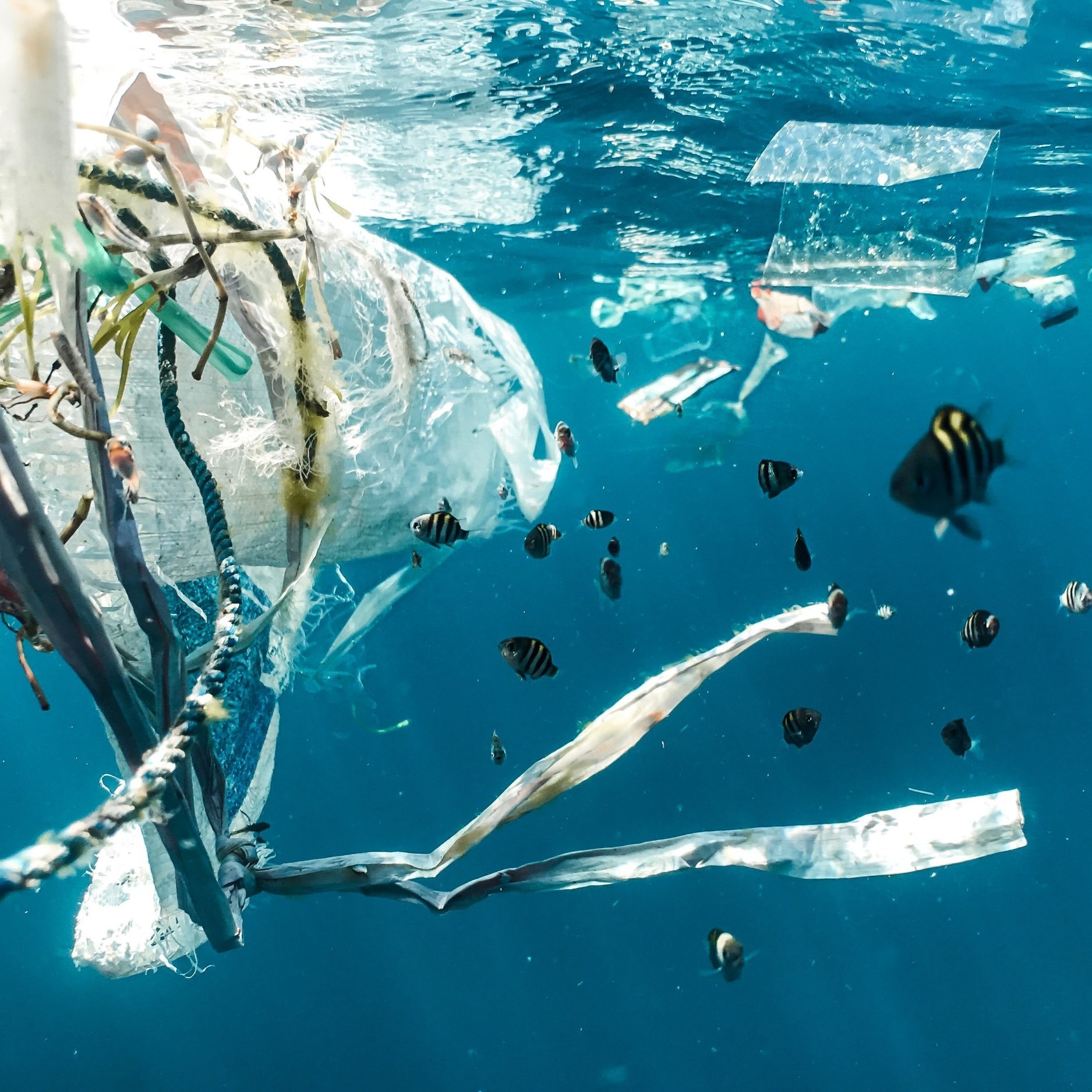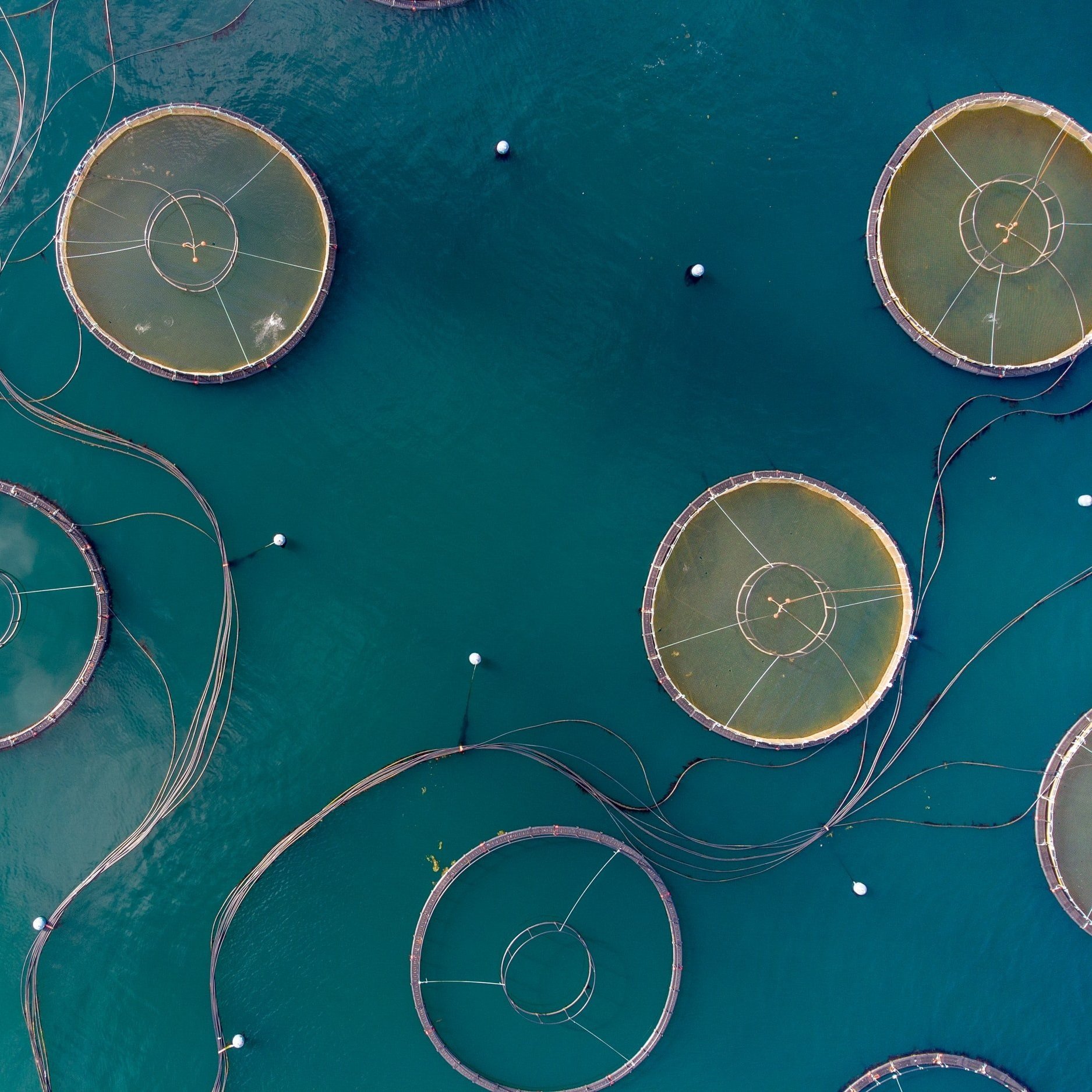Latest Articles
Sort by SDGs…
Or by Style…
The Biofuel Revolution: What Plant-Based Propulsion Means for Novel Aircraft Design
In this informative article, Vaibhav Rau discusses the necessity of the aviation sector moving towards biofuels in order to reduce carbon emissions. Biofuels are an easy and sustainable method that has great potential within this industry.
The Role Of Emerging Technologies In Ocean Conservation
In the battle for our oceans, technology stands as a powerful ally. Drones tirelessly combat plastic pollution, biomimetic robots safeguard fragile deep-sea ecosystems, and AI systems protect magnificent whales. These innovations are the keys to unlocking a brighter future for our oceans, offering hope and solutions where they're needed most.
Microalgae and More: Is Algaculture Our Sustainable Saviour?
In a thought-provoking analysis, Pearl Jennings explores the potential of algaculture as a sustainable solution to escalating global demands for energy, food, and resources. Highlighting the versatility of algae and its resource efficiency, the article scrutinizes various aspects, from combating malnutrition and minimizing eutrophication to carbon sequestration and biofuel production.
Paving the Path to Patient-Centered Care: Precision Medicine
With millions of people suffering with cancerous tumors every year, Kavya Venkatesan discusses the potential of patient-centred medicine in cancer treatment.
In Conversation with Jack Fisher
Having graduated from the University of Copenhagen with an MSc in Global Health, Jack Fisher has a variety of experiences working within academia, intergovernmental organisations, non-governmental organisations and industry. Today, Jack works at Bayer in their Consumer Health Division developing initiatives in access to healthcare, climate and health as well as broader sustainability efforts across the company. Here Jack talks about his work at the World Health Organisation (WHO), climate change and global health, being a disruptor, and the value of lived experiences to improve health outcomes.
Ecotourism at the Jersey Shore… will it work?
Sam Goel lives on the Jersey Shore, a popular tourist destination in New Jersey, USA, which is critical to the local economy. However, this tourism comes at a cost to the natural environment. Sam discusses how the introduction of eco-tourism policies in order to combat the dangerous levels of pollution in local waters affecting wildlife.
When Climate Change “Meats” STEM
One quarter of the world’s greenhouse gas emissions come from food production, a significant portion of which can be sourced to the meat and dairy industry. Samiksha Manoharan discusses the possibility of using STEM innovation in the form of lab-grown meat to mitigate the meat industry’s impact on the environment.
Programming Bootcamps In Latin America: Breaking The Technology Gaps For Low-Income Teenagers and Underrepresented Young Adults
Growing up as a low-income Latin American teenager, Isabela Naty Sanchez Taipe’s experience was that there were limited options for a career in STEM after finishing high school. This is Isabela’s story of finding a new path of hope through programming bootcamps.
In Conversation with Dr Amit Pujari
Dr. Amit Pujari is a biomedical engineer who researches medical device development and neurophysiology. A Senior Lecturer at the University of Hertfordshire, Dr. Pujari was recently announced as a recipient of the prestigious Royal Academy of Engineering/Leverhulme Trust Research Fellowship. He shares his work and advice for aspiring engineers...
In Conversation With Daniel Coucerio
Daniel Coucerio, an environmental educator and conservationist, is passionate about connecting young people with nature and empowering rural communities. In an interview with the Youth STEM Matters Team, Daniel discusses unique projects, such as using drones to monitor Brazil nut trees in the Peruvian Amazon and creating an environmental education program in Colombia's Sierra Nevada. He emphasizes the need to link conservation with sustainable rural livelihoods and encourages young people to connect with like-minded individuals. Daniel's work underscores the power of collaboration and technology in advancing conservation efforts.
Excessive Screen Time in Children and Young People – Should We Be Worried?
In an age dominated by screens, Diya Lalloo-McGurk explores the impact of screen time on children. She discusses the influence of parental choices, the potential benefits, and adverse effects of screen time on health. The article emphasizes the need for balance and informed decisions in managing children's screen time.
In Conversation with Dr Davina Derous
Dr. Davina Derous is a systems physiologist and a Senior Research Fellow at the University of Aberdeen, who is currently focusing her research on the study of genes between land and aquatic mammals. In a recent interview with the Youth STEM Matters Team, Dr Derous shared insightful perspectives on the effects of the environment on animal health, the differences between human and animal health, the future of the peer review process and the need to increase accessibility in STEM.
In Conversation with Skylar Grayson
Astrophysics PhD student and TikTok science communicator Skylar Grayson combines her field of research with a long-standing passion for teaching. In an insightful interview with the Youth STEM Matters Team, Skylar shares her thoughts on working in STEM, how her field can become more inclusive for women and minority groups, and the importance of communicating science and engaging a wide audience.
In Conversation with Sean Lim
Sean Lim works as a lab consultant and an associate lecturer of chemistry and pharmaceutical science at La Trobe University's Singapore campus, and has also set up a science communication website, For the Love of Science. In a recent interview, members of the Youth STEM Matters Team spoke to Sean and gained new insights from his experience in science communication, critical thinking and his career into STEM.
Biomarkers: A Useful Asset in Predicting, Diagnosing & Treating Disease
Biomarkers are quantifiable medical indicators, used in diagnosis, screening and to assess the effects of medical treatments. Kiran Bashir explains their current uses, limitations and what the future looks like for these useful clinical tools.
Sports and STEM: A Young Zumba Instructor’s Mission
As a high school student who teaches Zumba Kids & STEM craft classes, works for an international nonprofit by coordinating young women STEM ambassadors worldwide, and competes as a black belt in karate tournaments, Julia Kerpel shares why she wants to inspire the next generation of young women to combine and pursue their passions in STEM and sports in fun, unexpected ways.
Teen Health and Wildfires: Impassioning Youth Climate Action
Growing up in Southern California (USA), with the constant threat of drought and wildfires, Shelby Negosian became acutely aware of the impact of wildfires on the physical and mental health of teenagers. She shares the perspectives of youth in her community, how wildfires and climate change create a vicious cycle, and empowers teens to fight climate change.
World Ocean Day: 30 by 30 - A Global Conservation Plan
On 8th June 2022, we celebrate World Ocean Day – a chance to understand the significant role our global ocean has in the world, as well as learn about the steps we can take to protect it. With this year’s theme focussing on ‘Revitalisation: Collective Action for the Ocean’, Iona Finney shares the science behind, progress of and challenges achieving 30 by 30 - a global conservation action plan.
Exploring IPCC Report II - Impacts, Adaptation, and Vulnerability
The second report in the IPCC Sixth Assessment Report series delves into the extensive damage caused by climate change and the urgent need for mitigation and adaptation. It emphasizes the global significance of limiting global warming to 1.5⁰C and highlights the importance of collaborative efforts to safeguard nature and human well-being in the face of climate change.
Innovating More Sustainable Aquaculture
Aquaculture provides almost half of all seafood eaten globally. But, farming seafood is not without environmental impact, and can disrupt the balance of seafood in the ocean. Kavya Venkatesan & Nina Khera look into how technology is being used to create more sustainable aquaculture.























